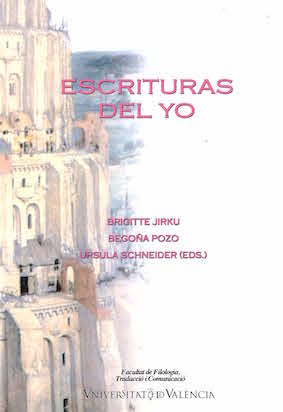The Lure of Vicarious Traumatization: Binjamin Wilkomirski’s Bruchstücke and the Construction of False Identity
DOI:
https://doi.org/10.7203/qf-elit.v16i0.3958Keywords:
Wilkomirski, Trauma, Memory, Holocaust, False Identity Abstract
Abstract
This essay examines the construction of identity in Binjamin Wilkomirski’s Bruchstücke: Aus einer Kindheit 1939-1948 (Fragments: Memories of a Wartime Childhood). Initially highly praised, this story of childhood survival in Nazi concentration camps and of coming to terms with traumatic memories was later unmasked as fiction, written by the Swiss citizen Bruno Dössekker. Situating Fragments in its context of a rising interest in trauma studies in general and autobiographical trauma narratives in particular, Martin Modlinger argues that Wilkomirski’s text can be regarded as a near-perfect example of what the turn to trauma set out to address. Fragments engages with the common tropes of autobiographical trauma literature, especially Holocaust literature, such as the catastrophic rupture of narrative possibility and survivor guilt. Regardless of its status as fiction, the text and its reception provide insights into dangerous trends in trauma studies, ranging from claims to co-ownership of trauma to the lure of vicarious traumatization.
 Downloads
Downloads
Downloads
How to Cite
-
Abstract188
-
PDF (Español)364
Issue
Section
License
 Este obra está bajo una licencia de Creative Commons Reconocimiento-NoComercial-SinObraDerivada 4.0 Internacional.
Este obra está bajo una licencia de Creative Commons Reconocimiento-NoComercial-SinObraDerivada 4.0 Internacional.
Authors who publish with this journal agree to the following terms:
- Authors retain copyright and grant the journal right of first publication with the work simultaneously licensed under a Creative Commons Attribution License that allows others to share the work with an acknowledgement of the work's authorship and initial publication in this journal.
- Authors are able to enter into separate, additional contractual arrangements for the non-exclusive distribution of the journal's published version of the work (e.g., post it to an institutional repository or publish it in a book), with an acknowledgement of its initial publication in this journal.
- Authors are permitted and encouraged to post their work online (e.g., in institutional repositories or on their website) prior to and during the submission process, as it can lead to productive exchanges, as well as earlier and greater citation of published work (See The Effect of Open Access).



